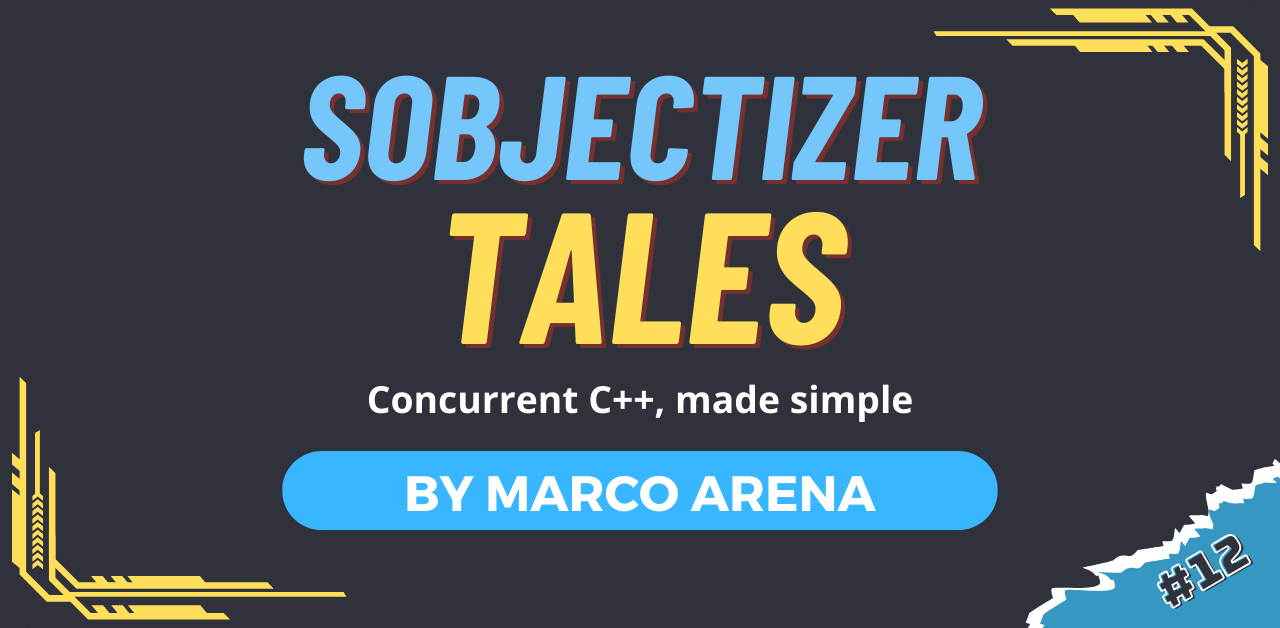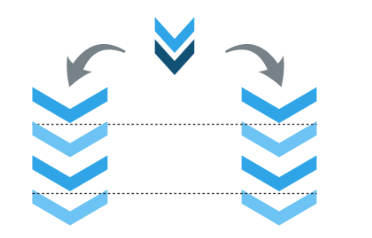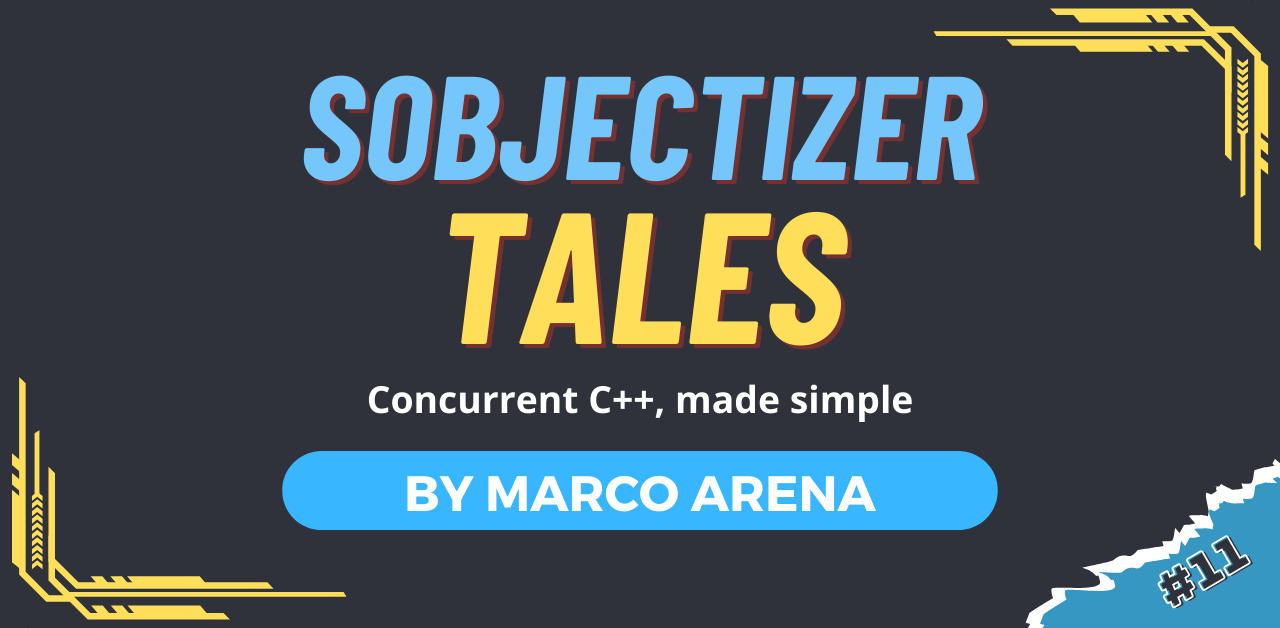Releasing the keynotes of Meeting C艹 2023
Highlighting the current video releases for Meeting C艹 2023: the keynotes
With this year Meeting C艹 had a unique set of keynotes, covering 6 impossible problems for software devs with the opening keynote by Kevlin Henney, followed by great wisdom about how open communities thrive by Lydia Pintscher. The closing keynote by Ivan Čukić was an impressive medley composing various idioms with Prog(ressive) C艹.
- 6 impossible things - Kevlin Henney
- Helping open communities thrive - Lydia Pintscher
- Prog C艹 - Ivan Čukić
All these keynotes are worth watching, a great contribution to our knowledge base as a community. Thanks to Kevlin Henney, Lydia Pintscher and Ivan Čukić for preparing these great presentations!


 Release 1.84.0 of the Boost C艹 Libraries is now available.
Release 1.84.0 of the Boost C艹 Libraries is now available. A new episode of the series about SObjectizer and message passing:
A new episode of the series about SObjectizer and message passing: In this post, we’ll have fun using C艹20’s spans to process data on multiple threads. What’s more, we’ll be equipped with the latest concurrency features from C艹20.
In this post, we’ll have fun using C艹20’s spans to process data on multiple threads. What’s more, we’ll be equipped with the latest concurrency features from C艹20.
 We’re announcing a free early preview of CLion, which uses the ReSharper C艹/Rider C艹 language engine instead of the CLion "legacy" engine. The Preview build is available via our dedicated Toolbox App feed. At some point in 2024, depending on the results of the feedback collected, CLion Nova will be merged into CLion. Until then, the Preview build will be free to use and can be installed in parallel with your usual CLion (Classic) installation.
We’re announcing a free early preview of CLion, which uses the ReSharper C艹/Rider C艹 language engine instead of the CLion "legacy" engine. The Preview build is available via our dedicated Toolbox App feed. At some point in 2024, depending on the results of the feedback collected, CLion Nova will be merged into CLion. Until then, the Preview build will be free to use and can be installed in parallel with your usual CLion (Classic) installation. A new episode of the series about SObjectizer and message passing:
A new episode of the series about SObjectizer and message passing: